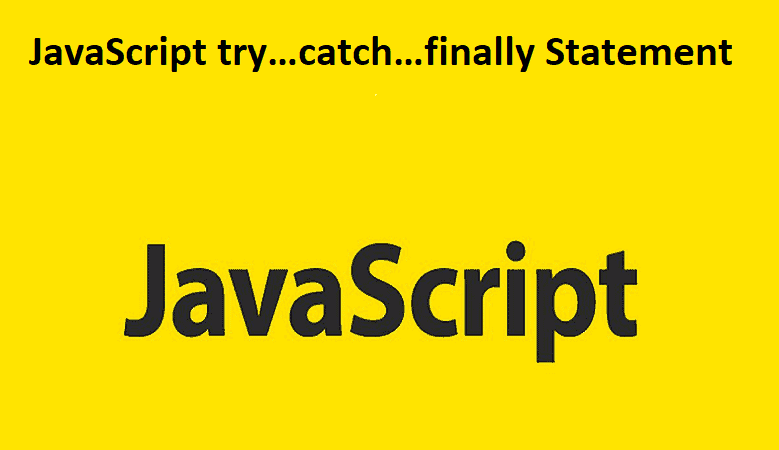Why and how finally{…} block is NOT meaningless

A definition first (from the internet):
try-catch-finally is used to handle runtime errors and prevent them from halting the execution of a program.
The finally block triggers regardless of:
- what is implemented inside the
try-catchblock - any errors encountered inside
try-catchblock - any
returnstatement written inside thetry-catchblock
Example 1
Consider this example where there’s no error:
(()=>{
try {
console.log(`Try block triggered`)
return
} catch (error) {
console.log(error)
}finally{
console.log('Finally triggered')
}
console.log(`Rest of the code outside try-catch`)
})()
// Output Try block triggered Finally triggered
Note that the “Rest of the code outside try-catch” doesn’t get logged on the console
The finally block will override the return statement written inside the try block.
(()=>{
try {
console.log(`Try block triggered`)
throw `Oops... an error occurred`
} catch (error) {
return console.log(error)
} finally{
console.log('Finally triggered')
}
console.log(`Rest of the code outside try-catch`)
})()
//Output Try block triggered Oops... an error occurred Finally triggered
Note that the “Rest of the code outside try-catch” doesn’t get logged on the console because of the return statement
From both the example, it becomes apparent that finally block gets executed while the code written outside the try-catch-finally block doesn’t get executed.
Example 3
Consider this example where there is no return statement:
(()=>{
try {
console.log(`Try block triggered`)
throw `Oops... an error occurred`
} catch (error) {
console.log(error)
}finally{
console.log('Finally triggered')
}
console.log(`Rest of the code outside try-catch`)
})()
//Output Try block triggered Oops... an error occurred Finally triggered Rest of the code outside try-catch
Note that this time, “Rest of the code outside try-catch” gets printed on the console because there is no return statement in this example implementation
A good use-case for finally block can be to put important codes such as clean up code e.g. closing the file or closing the connection.
Hence, we may not necessarily need a finally{…} block in our code all the time, but it can serve an important purpose for certain similar use-cases.
***
Note of thanks ❤️

Thank you for stopping by. Hope, you find this article useful. Please follow me on medium and help me reach 1k followers ??. That will truly encourage me to put out more content.

